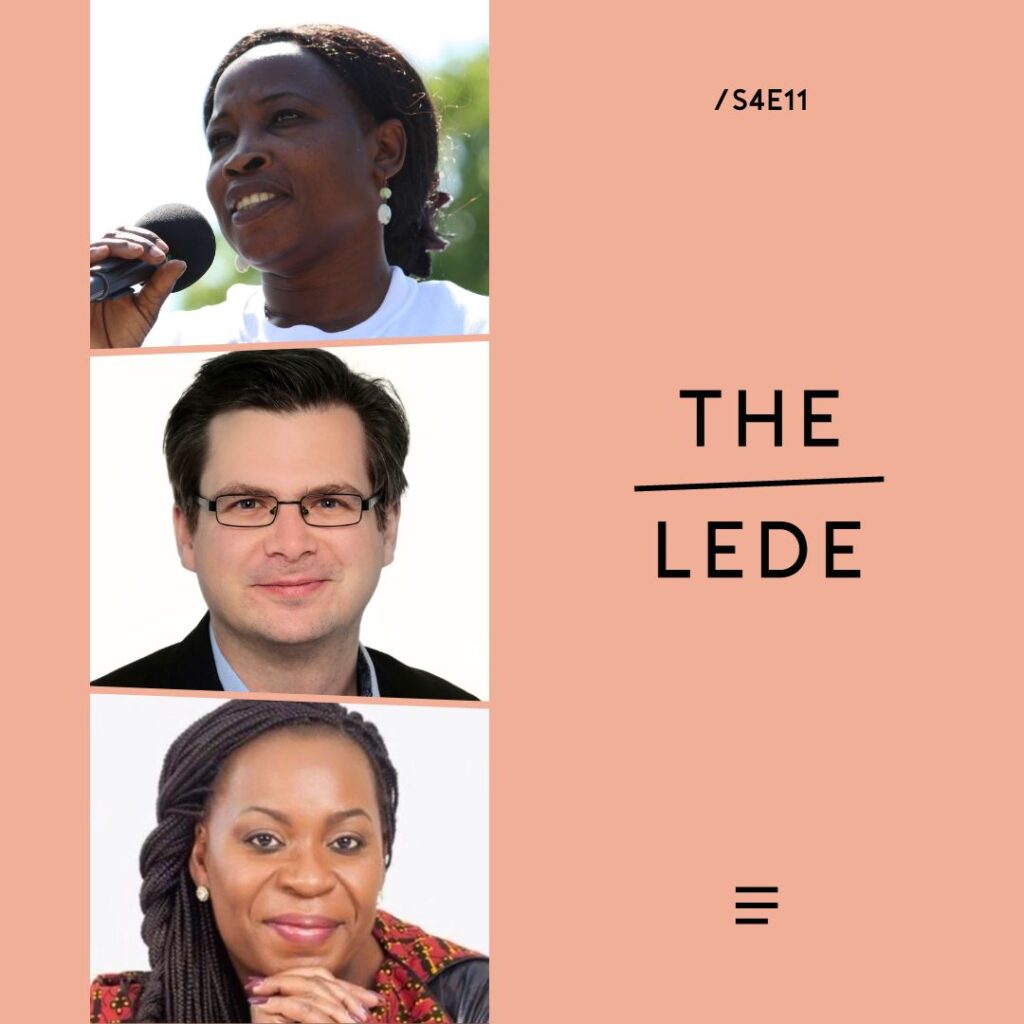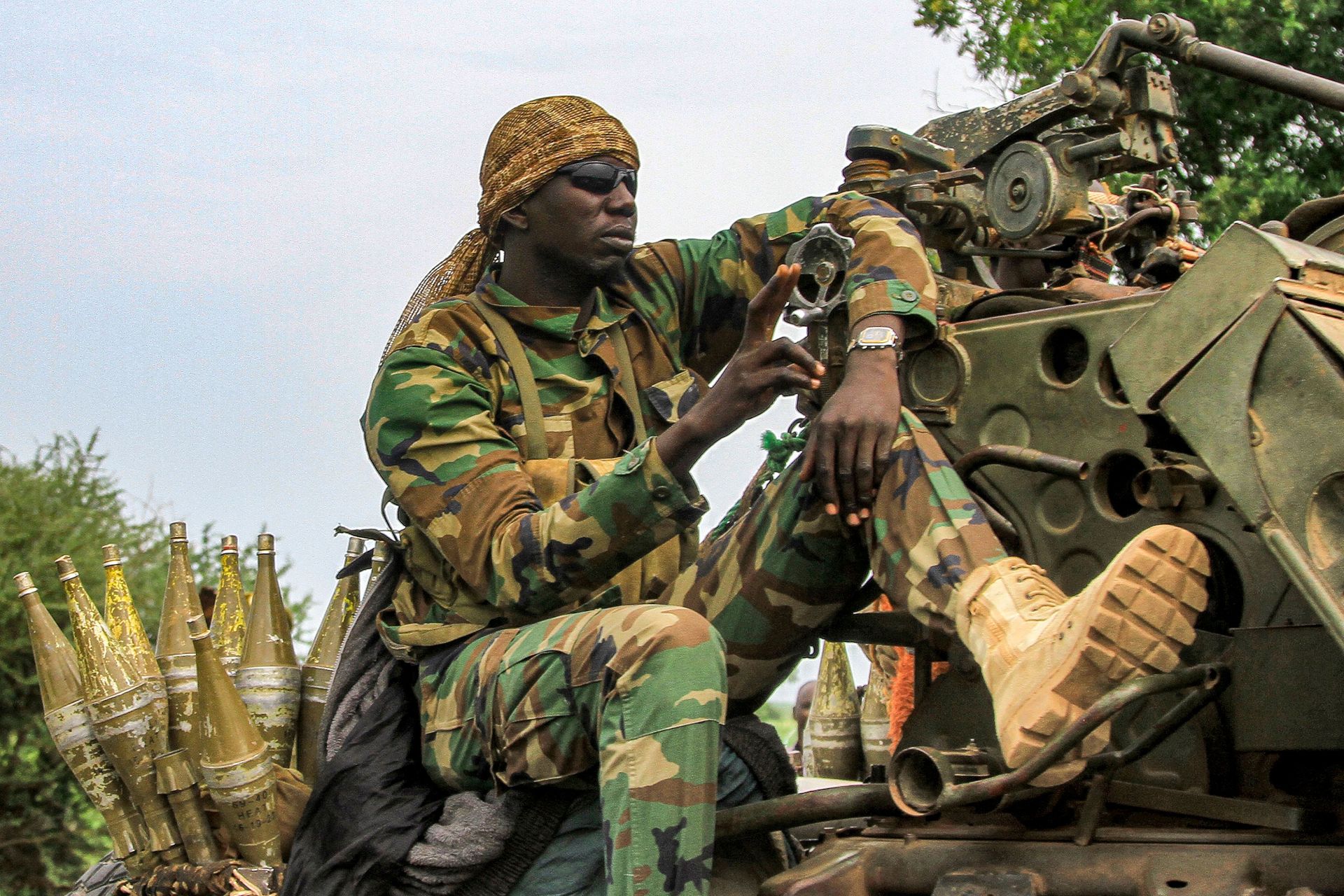The war in Sudan, between the paramilitary Rapid Support Forces (RSF) controlled by Mohamad Hamdan Dagalo and the Sudanese Armed Forces led by Abdel Fattah al-Burhan, has killed thousands of civilians and displaced millions. The two men were formerly partners, leading Sudan’s military junta before Dagalo’s ambitions created a rift between them that has torn the country in two.
But for the people of Darfur, a predominantly Black African region in Sudan’s arid west, the catastrophe has been particularly pronounced. Under Dagalo and Burhan’s predecessor, Omar al-Bashir, Arab supremacist Janjaweed militias terrorized the area for years, torturing and murdering countless civilians in a genocidal campaign aimed at wiping out the non-Arab population. In the intervening years, Dagalo turned those militias into the RSF, his own private paramilitary army — and since the outbreak of war in 2022, they have once more been unleashed upon Darfur to finish what they started.
“This time around is even worse than 20 years ago,” Niemat Ahmadi, founder and president of the Darfur Women Action Group, tells New Lines magazine’s Kwangu Liwewe. “Now they have grown into more sophisticated militia, with training, equipment and international enablers supplying them with weapons and money.”

“What is most painful is that it seems like this does not mobilize or generate outrage as it used to.”
They are a specter that has loomed over the region for decades. Though the international community did eventually declare the Janjaweed campaign a genocide, and al-Bashir was indicted by the International Criminal Court, the RSF only grew in influence while al-Bashir was never handed over for trial. “People who have been displaced 20 years ago have never been able to go home because their attackers have yet to be held accountable,” Ahmadi says.
Even today, the army has done little to protect people, she adds. Earlier this year, the RSF carried out the worst massacre of the war in front of them, murdering and torturing hundreds of civilians in El Geneina. “They didn’t move.”
“This is actually a pattern,” says Gerrit Kurtz, a researcher at the German Institute for International and Security Affairs. When Dagalo and Burhan governed together, he explains, it was common for the regular armed forces to stand by without intervening while RSF fighters committed atrocities. Moreover, he points out, now they are at war, Dagalo’s forces are winning.
“The RSF already controls most of Darfur,” he says. “They’ve captured the state capitals of three states in Darfur. And they were already in control of the east.”
In the absence of anywhere else to turn, some have looked to the international community for help. They have received little. “International actors are overwhelmed,” Kurtz says. “They are not united, and they are not mobilizing sufficient efforts to actually reign in this kind of horrific violence.”
“And what is most painful,” says Ahmadi, “is that it seems like this does not mobilize or generate outrage as it used to.”
Produced by Joshua Martin


